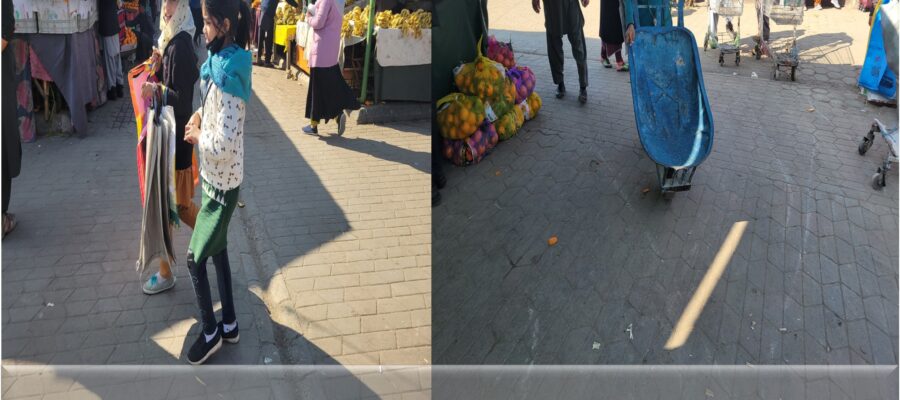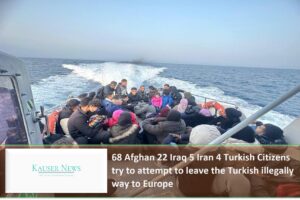The uncertain conditions in Afghanistan, poverty, unemployment, and lack of access to education have forced many Afghan refugee children in Pakistan to work to support their families.
In cities across Pakistan, including Quetta, Peshawar, Karachi, and Rawalpindi, Islamabad, Afghan children can be seen working in a variety of jobs, such as rickshaw driving, loading goods, scavenging, selling plastics, and working in restaurants and bakeries.
These children are often exposed to dangerous working conditions and are denied the opportunity to get an education. They are also at risk of exploitation and abuse.
Mohammad Amin, a 10-year-old Afghan child who works as a rickshaw driver’s helper in Karachi’s vegetable market, told us: “I work every morning, and my daily income is four to five hundred rupees. I don’t want to work in the market; I want to go to school, study, and become a doctor.”
Naweed Yousufi, the founder of Kausar Media Group based in the United States, was one of these children in 1995 at the age of 9 Years old. He worked in Islamabad’s Pashawer More Market, selling water to support his family and pay his school fees.
Yousufi said: “I could feel the pain of these kids, and I know it is tough to work. But Kausar Media Group will start fundraising to support these children and let them attend school.”
An expert in refugee education in Islamabad, who preferred not to be named, said: “The uncertain conditions in Afghanistan, poverty, unemployment, lack of financial support, lack of effective education access, lack of government and non-governmental organization support for children and impoverished families have led families to deploy their children for laborious work.”
They outlined solutions to alleviate these issues: “Establishing stable security in Afghanistan, creating suitable job opportunities and economic development, establishing an effective educational system and providing access to formal and vocational education, raising awareness among families about the adverse consequences of child labor, and providing financial support to families whose children are engaged in laborious work. These measures should be implemented in collaboration with international organizations, governments, and non-governmental organizations.”
It is estimated that there are over three million Afghan migrants in Pakistan. Some families are without resources, while others have disabled members or are headed by widows or single parents. These families often rely on their children’s work to survive.
The situation of Afghan refugee children in Pakistan is a complex one. There are no easy solutions, but it is clear that more needs to be done to help these children get an education and have a brighter future.





